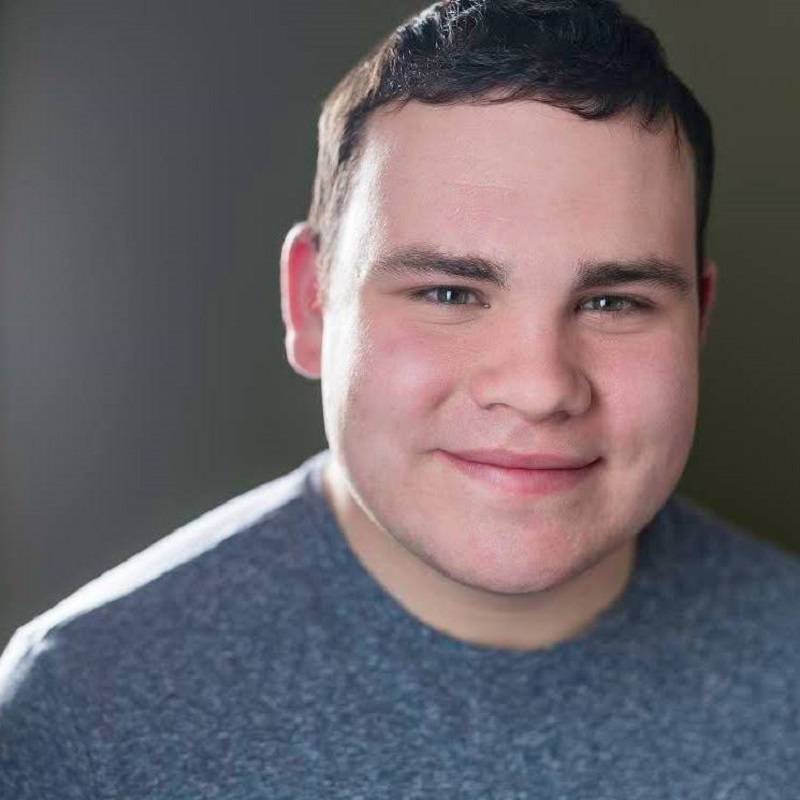Being at a Shakespeare camp, it’s no surprise that many of our students and staff LOVE words. It’s hard not to fall in love with words when you’re constantly reading what Shakespeare does to them. But sometimes it’s easy to forget that Shakespeare didn’t write these plays to be words read on a page. He wrote them to be words said out loud on a stage as a larger THEATRICAL storytelling experience. This is to say, storytelling in the theater is multifaceted. Even in a theater with a stripped down bare bones ideology that puts the emphasis on the words, the words alone do not fully encompass how the story gets told.
This is why I was so excited to see the students so eagerly engage with our costume workshop, lead by our knowledgeable costume shop manager Hope Maddox. Playing around with old Tudor era clothing is a blast for the students in and of itself. But their interaction with clothing goes deeper than that, and that deeper interaction will inform how they approach storytelling in these early modern texts.

By obtaining a deeper understanding of fashion during a particular time period, one then also obtains a deeper understanding of the social context a play lives in. This is to say, these plays don’t live in a vacuum. If you are trying to tell a story in a modern context you need to first understand how the elements in the story operate historically. Some words mean different things, power structures work differently, and in this case fashion operates differently.
For example, we talked about Sumptuary law in England (laws that affect the consumption of excess goods. In this case, certain clothing and fabric for specific classes of people.) and how it affected who was allowed to wear what. What does the clothing you are wearing say about the status of your character? How does it inform how you interact with a scene partner? If an audience sees a particular costume choice, how can that affect what story is being told? These are important elements of storytelling, but to engage with these elements you have to understand the history that informs them. Which is far more interesting than “oh wow those costumes look old I guess”.
I want to again thank Hope for this workshop. On a personal note, I was blown away by her knowledge. As someone who knew very little about this arena, it was a delight to sit in on this workshop. And from the sense I get, the students feel the same way.



